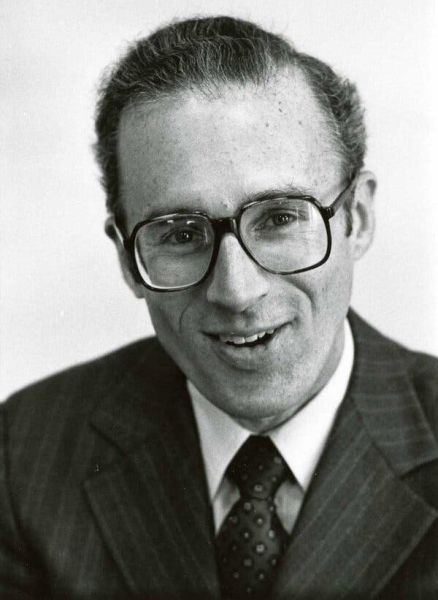A physician, scientist and academic, he brought together experts across disciplines to focus on the economic, political and social causes of poor health, not just the biological factors.

Howard H. Hiatt, a physician, scientist and academic who reshaped the field of public health, steering it away from the narrow study of infectious diseases toward big-picture issues of fiscal and societal accountability in medicine, died on Saturday at his home in Cambridge, Mass. He was 98.
His son Jonathan Hiatt said the cause was pulmonary hypertension.
Harvard Public Health, a magazine published by the Harvard School of Public Health, where Dr. Hiatt was dean for 12 years, wrote in 2013 that Dr. Hiatt “made public health the conscience of medicine.”
Early in his seven-decade career, Dr. Hiatt worked in Paris with future Nobel Prize winners on the discovery of messenger RNA, a key element of cellular biology. He later visited the White House to urge President Ronald Reagan to end the nuclear arms buildup of the era, which Dr. Hiatt called “the final epidemic.”
A Harvard-trained physician who held leadership posts at some of the country’s most prestigious hospitals, Dr. Hiatt was an outspoken critic of the inequities in American health care. He accused American medicine of having a bias toward expensive, high-tech treatments while excluding millions of people from basic care.
In a 1987 book, “America’s Health in the Balance: Choice or Chance?,” he argued for government-run universal health insurance, modeled on aspects of the systems in Britain, Canada and China. “I am particularly anxious to reach those who are so callous as to accept the prospect of two-class medicine in America,” he told The Toronto Star.
At the Harvard School of Public Health (now the Harvard T.H. Chan School of Public Health), where Dr. Hiatt was dean from 1972 to 1984, he brought experts together across disciplines, including biostatistics and health management, to focus on the economic, political and social causes of poor health, not just the biological factors.

